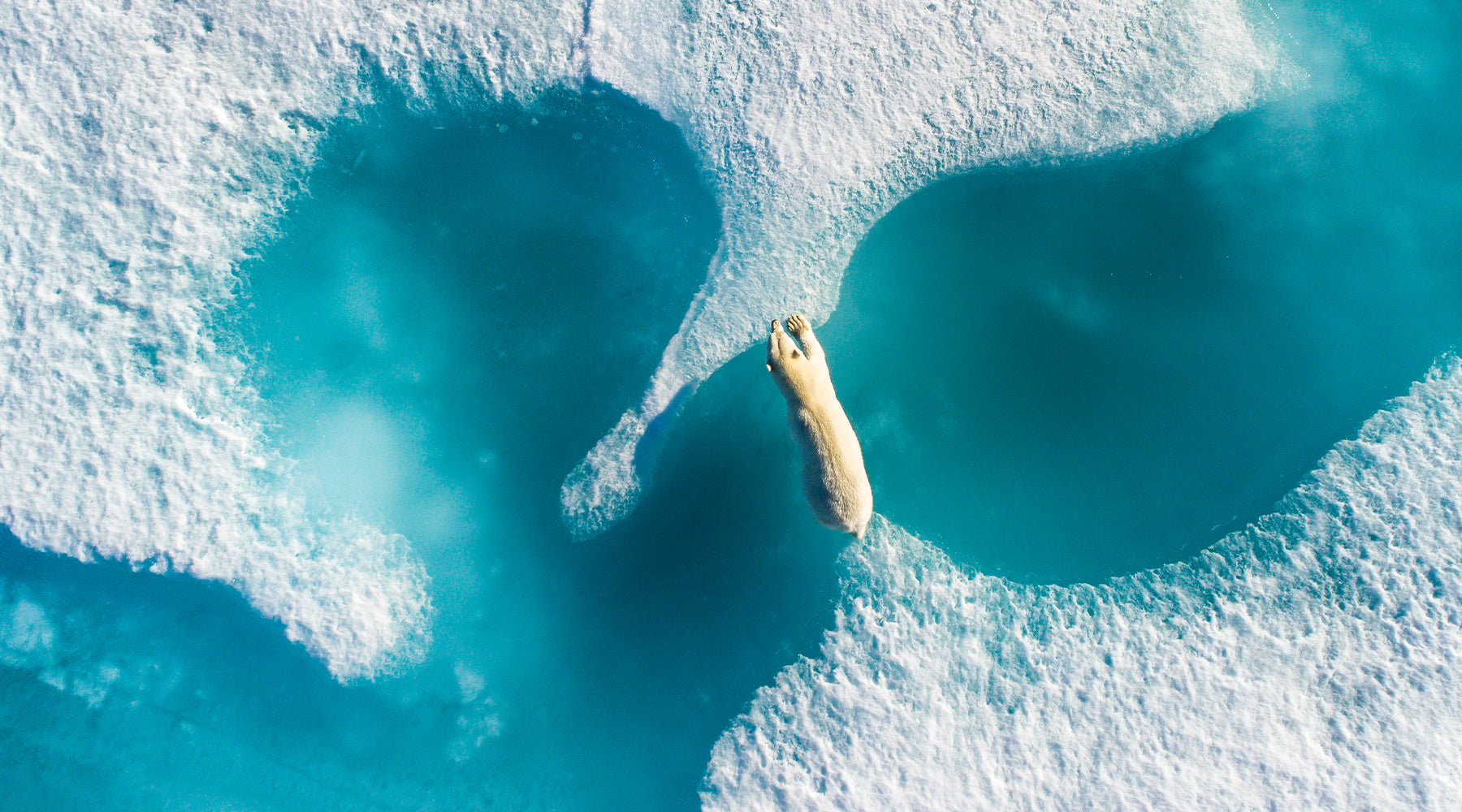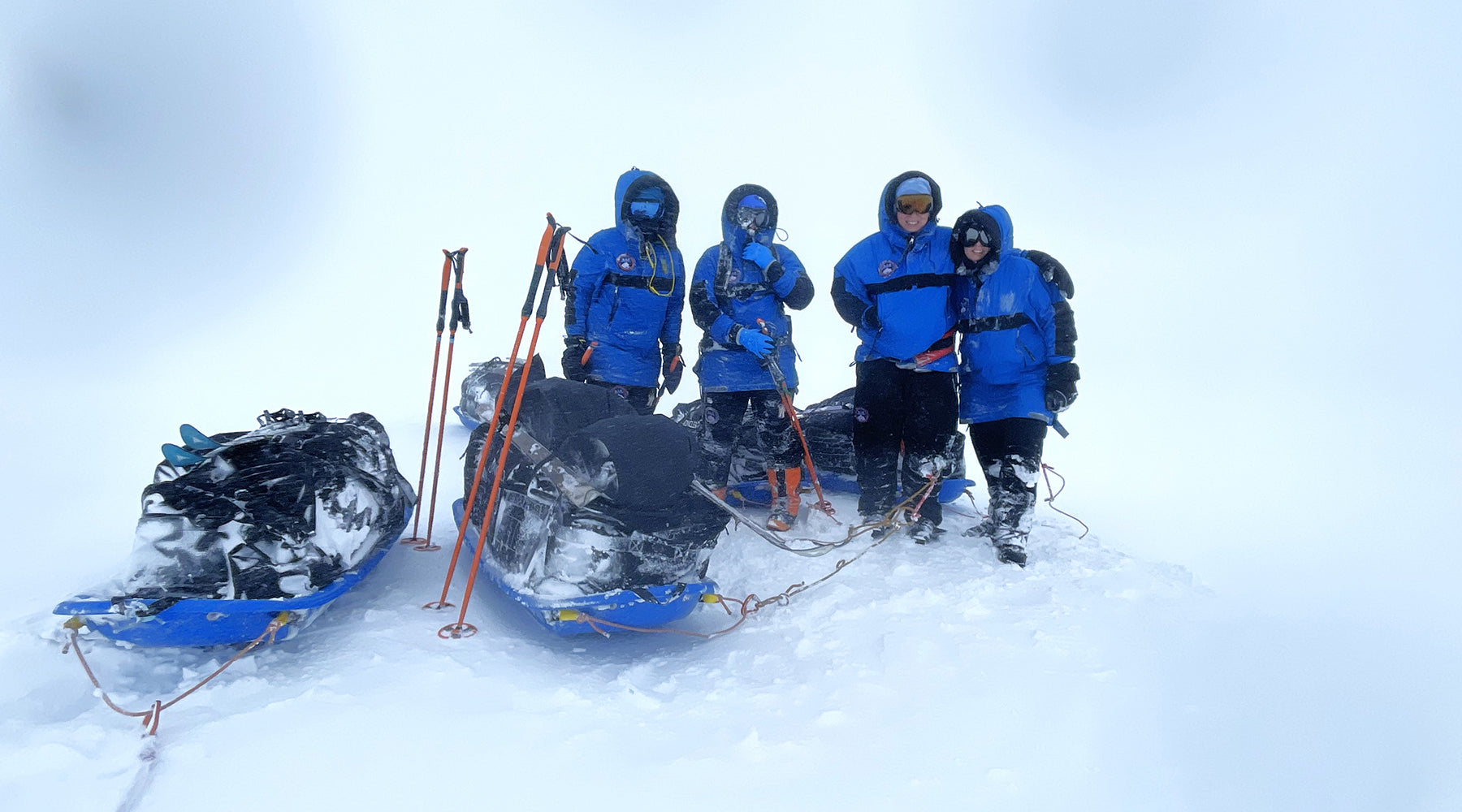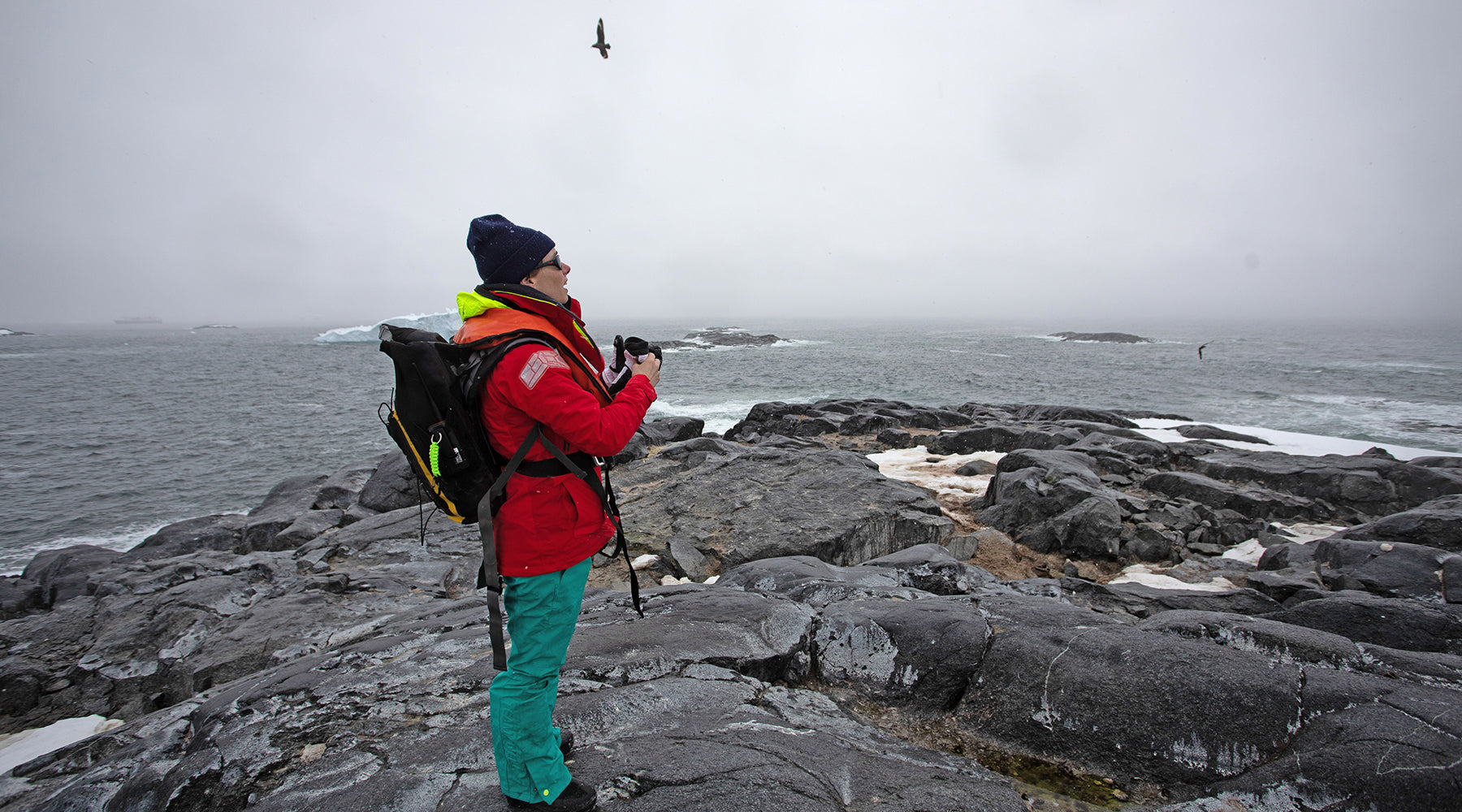
SHACKLETON MEDAL: Meet The Shortlist - Heather Lynch
The shortlist for the Shackleton Medal for the Protection of the Polar Regions 2024 was announced on 24th April 2024, following an animated debate at the Royal Geographical Society, chaired by Sunday Times bestselling author Lewis Dartnell. In our latest journal series we meet each of the inspiring individuals from the shortlist. Here, Penguin Expert Heather Lynch answers questions from Rachel Halliburton about the most challenging and rewarding aspects of studying Antarctic wildlife.
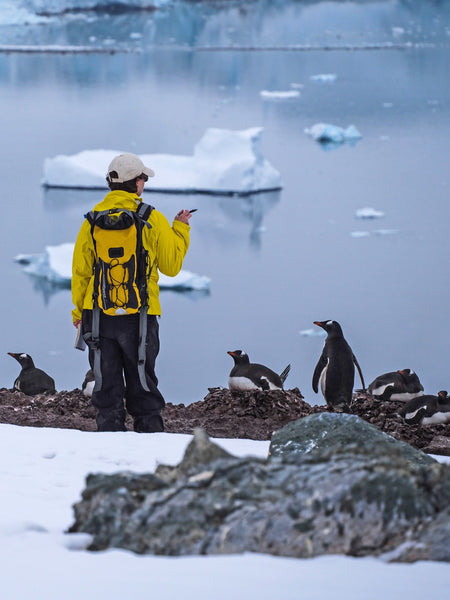
What was it that first captured your imagination about the polar regions?
Actually, I sort of fell into studying Antarctic wildlife. I went to graduate school for physics initially and then became inspired to work on environmental issues, climate change specifically, by a series of seminar speakers (former Vice President Al Gore being one of them) that came through Harvard at the same time as I was questioning my future trajectory.
I ended up doing my PhD on forest ecology in the American west, looking at insect outbreaks and forest fires, so my postdoc position working on Antarctic penguins could not have represented more of a complete shift for me, but I landed in Antarctica as a very inexperienced field researcher in the winter of 2006 and have never looked back. We still know so little about how the Antarctic ecosystem functions, so there is no shortage of interesting questions to pursue.
What detail about your work most surprises people?
Most people are really surprised that we can see penguin guano from space, and even scientists are often surprised by how much we can learn about penguins from satellite imagery. We can do more than just estimate population sizes and track population trends (though that alone is pretty important), we can also measure diet and get an early warning of population collapses by studying colony shape. Satellite imagery has radically expanded our understanding of these remote polar regions.
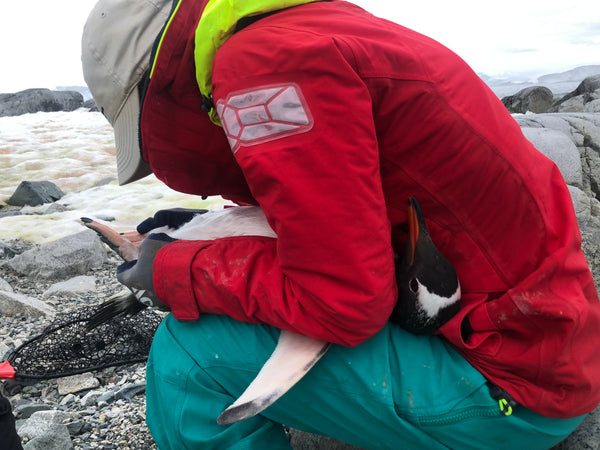
What technological advance has proved a real game changer?
Using satellite imagery to study penguin populations is really at the core of my own research, but satellite imagery has been around since before I was born, so while its use in this context is new and exciting, the technology isn’t that new. On the other hand, computer vision and artificial intelligence are more recent technological developments that have radically changed our ability to monitor biodiversity, not just in interpreting satellite imagery but also with other tasks like counting animals in a drone image.
The intersection of computer vision and ecology is just such an exciting area right now, and a real bright spot of hope for our capacity to conserve biodiversity.
What is the toughest challenge you have faced and how did you overcome it?
Polar research is just inherently challenging, for reasons that are obvious and some that are less obvious – limited opportunities for early career researchers, limited access to ships and stations and field support, and the need for extended time away from family obligations to name just a few. I made some strategic decisions to try and balance my work and family obligations, one of which was to focus on computation and modelling and remote sensing and to leave the longest field deployments to my students and collaborators.
I’m just so grateful to have had incredible graduate students and postdocs whose skills complement my own, and really nothing I’ve done would have been possible without them.
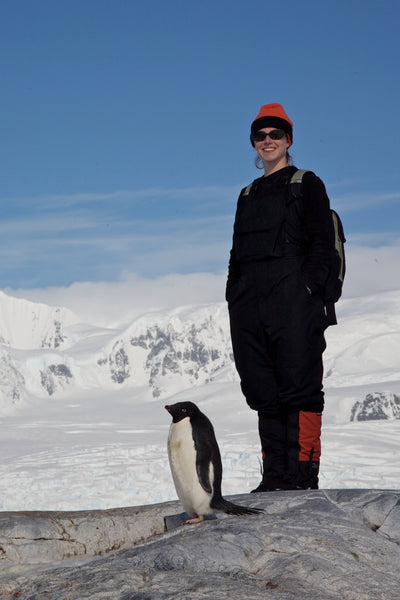
What has been the most rewarding moment for you in your work?
When I can connect research to real policy outcomes, that’s a real thrill for me. It could be something small, like advising on the nitty gritty of tourism activities at a specific site, or it could be much larger, like our discovery of a penguin hotspot in the Danger Islands. Anytime I can see the outcomes of that work manifest in real changes on the ground, that’s what makes all the hard work worthwhile. It’s worth keeping in mind that those connections are a result of not just the science, but many years of trying to build relationships within the policymaking community, and in some ways those relationships are even harder than the science itself.
I pride myself on being a neutral trusted source for information for a wide range of stakeholders and playing that role in the system is important to me.
What message would you give to people trying to do what you do?
I wish I knew of any shortcuts to success, but I really don’t. Where I’ve had successes, its usually been because I’ve thrown a huge amount of time and energy and sheer stubbornness at a problem. The Covid-era was really tough for everyone working in the Antarctic, and we had to be super creative and persistent to get teams in and out of the field safely. I would also encourage younger scientists to not box themselves in with some preconceived notions of what their limits are. Collaborate widely, don’t be afraid to learn new skills, and keep evolving.
Learn more about Heather Lynch here.
